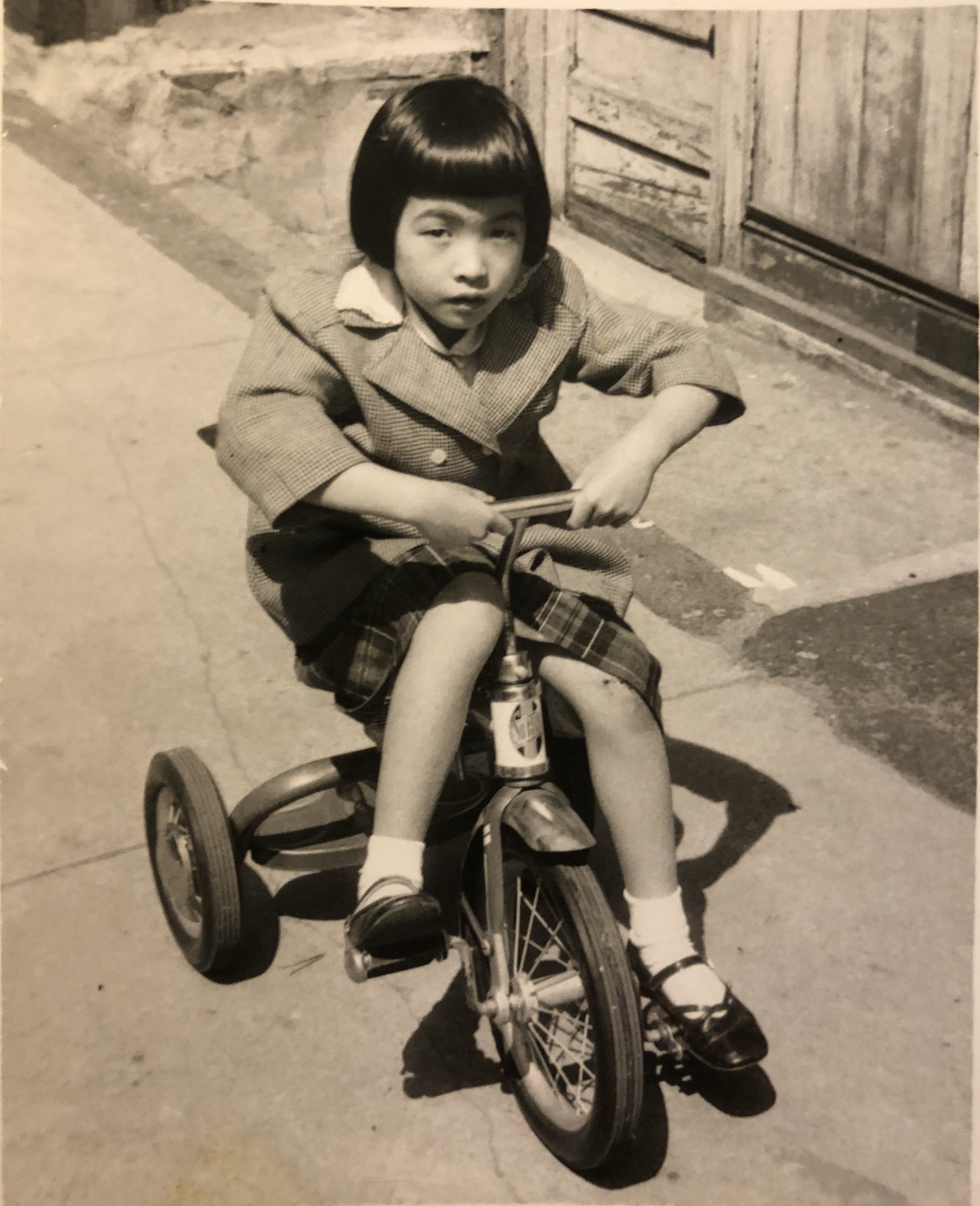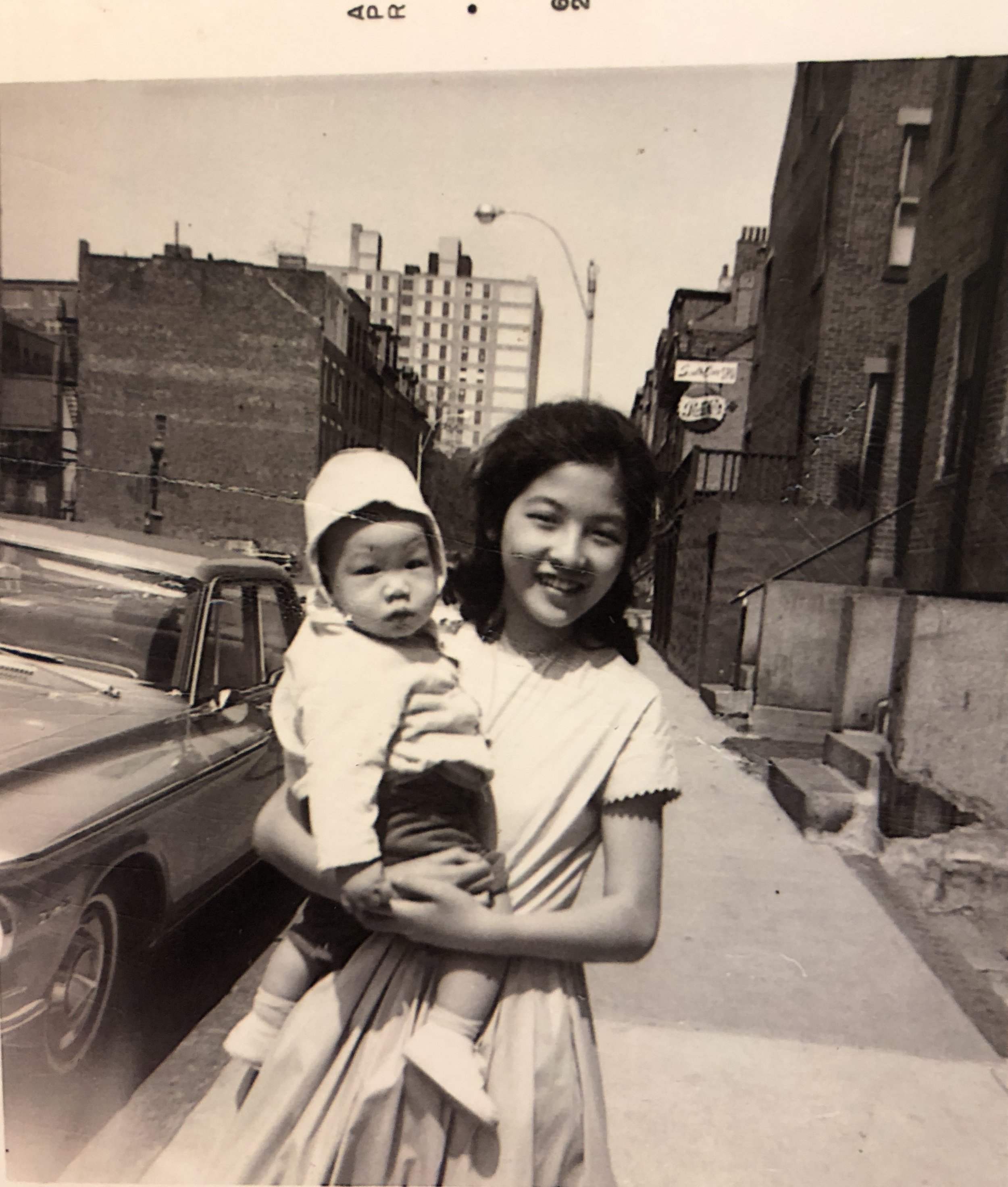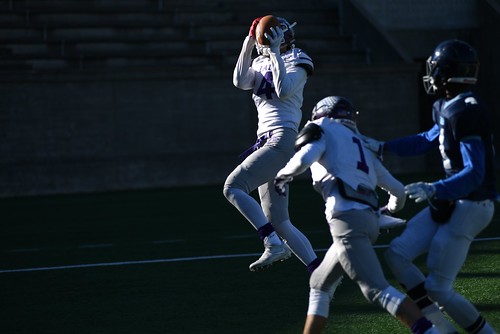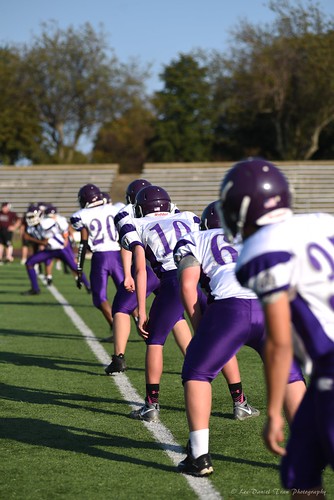Village of Two Beauties, Dik Hoy, Taishan, Guangdong, China (Photo taken by: Chao Bak Yee, )
This companion piece to“Sky” is dedicated to the Left Behind Daughters, whose births provided the slots for paper sons to enter the U.S.A. during the Chinese Exclusion Act era of 1882-1943, and to the unsung heroes, the Chinese American veterans of WWII and their left behind wives.
This is a work of creative nonfiction based on a composite of what Cynthia Yee’s two sisters, Yerk Lin and Li Sun Yee, told her of their experiences growing up as Left Behind daughters, surviving the Japanese invasion of China during WWII. The real Kwan Hoong was Cynthia’s third sister who died in infancy, and is here reimagined as four to seven years old based on their stories.
Kwan Hoong sprawled on the fraying bamboo mat. She fingered the reeds unraveling from the weave and then the smooth cleanliness of the brownish red cloth binding that ran along the edge. Rubbing the nubs, the pilling on the patched up silk comforter, calmed her. She snuggled against her mother’s back. It felt warm, and MaMa’s breathing rocked her into a drowsy dream. She wanted to hug her mother, to hold her tight, but was afraid to, so she closed her eyes and pressed her small fists together. MaMa shook, her body heaving up and down, and it awakened Kwan Hoong from the light sleep she had gotten used to having these days, a sleep that made her wonder whether something was really happening. MaMa turned and put her arms around her. Kwan Hoong rubbed her eyes, brushed her mother’s tears away, and buried her face close to her mother’s breast. She fell asleep again, lulled by MaMa’s even breathing and warm body, and the pat-pat-pat, pat-pat-pat, the steady rhythm of MaMa’s hand on her back, pat-pat-pat, the only sound in the dark silence. Kwan Hoong tried to ignore the pain in her belly, but it was hard not to notice the insistent throbbing. Its agony for food.
They used to live in the city of Guangzhou, in one of her Returned from the Gold Mountain Grandpa’s houses. It was not Yeh-Yeh’s most palatial house, not his favorite brag about building, but it was comfortable. Comfortable enough, good enough, for a family without sons, a family with three daughters and no father, a family of “Sit Bon Fo”, a family of “Losing Investments”. She missed the special corner she used to hide and play in and the yard with the peach tree. Her Grandpa’s best house went to her Grandpa, her GrandMaMa, her Uncle, and her Aunty with the Many Sons. Her Aunty had many things, like rice and meat every day, and the four sons had a father to talk to and protect them. Not like her and her mother.
One day, Hoong’s mother asked her to deliver something her father had sent from the Gold Mountain, to offer as a gift to her Aunty with the Four Sons and her GrandMama, some dried figs from a place called Ga-zhou, a special treat. Hoong put on her cleanest shirt, one that her eldest sister had just sewn for her from a leftover scrap of cloth, big enough only for a child’s shirt. It only had two patches and her eldest sister, Lin, was such a good stitcher, she made the patches look like two pretty birds flying in the air. Kwan Hoong arrived at the large, heavy door in time to see them seated at the round table. She straightened her two thin braids which hung down to her waist and she smoothed her pink shirt. Hoong gripped the cloth bundle holding the last of the dried figs. Her Aunty greeted her with a smile, “Ah Hoong, Yip lai la.” Hoong walked in. She watched them put chunks of meat and salted fish on their rice. She breathed in the fragrance of salted fish steamed with ginger and water chestnuts and chopped pork cake. Hoong’s mouth watered, her saliva ran, and her stomach gurgled, but she just smiled, and handed over the dried figs and said, “This is for Ngin-Ngin. MaMa thought she might enjoy something sweet. It is soft, and easy to chew. It is for her health”. She memorized what MaMa said. She hoped they would invite her to sit down and join them for the meal but they did not. “Ooo deah nek a Ma la!” said her Aunty with the Four Sons, and she yanked the figs right out of Kwan Hoong’s fingers. Hoong thought that her Aunty didn’t act that grateful as she rushed Hoong out the door.
MaMa often said that she did not like the country village life. Hoong didn’t mind it. She liked running up and down the hillsides and climbing trees so it was alright for her. When she tired, she laid on the grassy incline and stared at the big sky. She loved breathing in the fresh, sweet smell of the mountain grasses. She scanned the blue sky and wondered about the size of the world and what her BaBa was doing at that moment. Maybe, he was thinking about her and buying her a giant doll, a gift. She got up from her daydreams and felt the wetness of the earth on the back of her shirt. “MaMa will not like this,” she worried. When she heard her eldest sister, Lin, calling for her in that impatient voice she used when she got sweaty busy, Kwan Hoong ran off to help her sister dig for wild roots but her hands hurt after a short while, and she had so many cuts and scratches MaMa wrapped her hands in cloth. “Your Mui-Mui is not yet six years old. Don’t ask her to dig anymore,” MaMa said to Lin.
The warning alerted the city that the Japanese soldiers were coming. The news traveled through the streets of Guangzhou and into the alleyways and homes. “The fierce Japanese soldiers are mercenaries without hearts. They slash and shoot people without hesitation. They are arriving at any moment. Blood is flowing down the streets. Blood is spattered all over the school walls. Soldiers are pushing their way into people’s homes, stealing food, forcing women to cook for them, and then grabbing the women and girls into the bedrooms. They look for pretty girls, like you,” said her Aunty with the Many Sons.
Kwan Hoong felt the terror that had invaded the city. Schools were closed. The market stalls were empty. Fires burned all around her. The sounds of screaming and people scurrying surrounded Hoong and MaMa when they walked onto the city streets. Hoong stared at the babies and children left by the roadside, crying and screaming, “Ma Ma, Ma Ma!” Her hands were numb from gripping her mother’s hands so hard so as not to lose her. Kwan Hoong tried to hold back the tears brimming from the edges of her beautiful, fish shaped eyes. The tears collected on her long, thick, black lashes and she wiped them with her sleeves. Even though she was only a girl, she wanted to be a brave girl, like in the stories of Fa Mu Lan that MaMa told her, not a cry baby.
“My storefronts are up in flames. I have lost everything, all the money I earned in the Gold Mountain laundry. Everything gone! All my hard work gone!” Grandpa cried, tears flowing down his ruddy cheeks. “We must move back to the village. Yow fun hui Leng Mee Tuen la. The Village of Two Beauties is a few hours away. It will be safer there, easier to hide,” he said. “We must leave quickly. Just take what you can carry.” Her mother jumped up. She always did when her Grandpa spoke.
“Pack your clothes and what you need. We will probably live in the countryside for one year so just take what you need for one year,” MaMa said. So, her two older sisters packed their clothes in a straw suitcase. “Just take one pot, only one pot is all we need for one year in the countryside,” MaMa said, “We will not stay there forever.” Wing Yuen sounded like a mysterious length of time, but one year seemed acceptable for a four-year-old.
One year, then two, then three years passed in the little country village. Kwan Hoong’s father did not return. He was a Gold Mountain soldier. He left for the Gold Mountain before Kwan Hoong was born. Hoong tried to imagine his face at night, as she laid in bed, leaning close against MaMa. She saw his face before falling asleep. His face changed each time. Sometimes he was tall, sometimes he was short, sometimes fat, and sometimes skinny. Always, her BaBa had a friendly smile and open arms. He was smiling at her tonight in her dream. Hoong faded into sleep with a smile on her face.
Hoong told herself a bedtime story. “In the hills of Taishan near the South China Sea lived a girl named Kwan Hoong, the prettiest girl in the Village of Two Beauties. She was the youngest daughter in a family of three daughters. Theirs was a disfavored family because in her village, sons were prized above all else. She sat on top of a hilltop looking far, far away, as far as she could see. This little girl said to herself, “I wonder how big the world is.” “I wonder how far away the Land of the Gold Mountain is.” “I wonder how long it would take to sail there.” “How long would it take for me to find BaBa?” “How long would it take for my BaBa to find me?” “Maybe BaBa has forgotten about me.”. “He never saw me even when I first opened my eyes.” “No, BaBa would never forget his Precious Daughter, his Bo Bui Hoong!” MaMa always hugged and squeezed her and kissed her at the “Bo Bui” part. Then they both laughed. Hoong heard this story so many times she had memorized it. She told it to herself whenever she wanted to feel happy, imitating the singsongy way MaMa told it. She always hugged herself at the end, the “Precious Daughter Hoong”, the “Bo Bui Hoong” part, and giggled to herself.
She had a new story now. “The Japanese soldiers are coming to kill me. I must hide and smear soot on my face so they cannot see how I look. With skin as pretty as a porcelain teacup, they will drink me up!” She repeated this new story to herself before bed and it gave her nightmares. “You have skin as pretty as a porcelain teacup,” her Aunty with the Four Sons had said, stroking Kwan Hoong’s cheeks, “the Japanese soldiers will eat you up.” Her MaMa and her Aunty reminded her and her sisters every day to smear ashes on their faces. “Pretty is not good,” her Aunty said. MaMa said, “The Japanese soldiers are far away from home. They are fierce and lonely and angry, so pretty or ugly, old or young, will not matter.”
MaMa and Lin, sewed every night. They took the fancy silk clothes her Third Auntie had given them from her dead Auntie’s wedding chest. The first Third Auntie had died a while ago. Most of the clothes were in good shape but parts were frayed so they cut the frayed parts off and used the good parts. Kwan Hoong liked the soft shiny silk scraps and the colorful embroidery. She took a needle and thread and asked MaMa to show her how to thread a needle and she practiced sewing with the old pieces that MaMa and sister Lin cut out. Kwan Hoong sat close to twelve-year-old Lin to watch. In and out, in and out, she pulled the needle and thread. Kwan Hoong copied Lin but poked herself with the second in and out. Her finger bled and then stung but she didn’t cry. She wiped it and didn’t tell MaMa. She wanted to make clothes to sell too. MaMa and GrandPa’s concubine called this, “Zhou Goo Yi”, and they returned from a day of Zhou Goo Yi, smiling and happy, with the coins they made selling their remade clothes.
One morning, MaMa and Lin came upon a village with rice. They bought the rice with their coins and carried the rice to another village with no rice. They set up a stall and sold the rice with Lin yelling, “Rice to sell! Rice to sell! “U mai mai!”” Lin had a clear strong voice and was good at getting a high price. They scooped out handfuls and sold the rice for more coins then they used to buy it. Lin carried the bag of rice on her back. MaMa said, “Walk slowly if it feels too heavy on your back.” Lin slowed down her walk. Carrying the bag of rice on her shoulders made her hump over as she walked so sometimes she stumbled.
Kwan Hoong said, “MaMa, please let me carry a bag of rice too!” “U mai mai! U mai mai!” “Ho ga ten!” “Rice to sell! Rice to sell! Very good price!” she yelled in her strongest voice. “See? I have a loud voice. I can sell rice too!” but when MaMa tied a small bag of rice on her shoulder, it kept sliding off and some of the rice spilled. So, MaMa said, “No, Hoong Niu, you are too small still.” Kwan Hoong wished she was seven years old already, not just five years old. She wanted to grow up fast, to be taller, to be stronger.
MaMa walked all day to the fish pier to buy the salty fish brine with the coins from selling the clothes they made. MaMa said, “Hom ngui siu hek a ho lik.” and spooned the salty fish juice into the watery rice gruel they ate. She always fed Kwan Hoong and her eight-year-old sister, San, first because she said they were still growing and needed it. MaMa fed herself and Lin last and Kwan Hoong noticed they only ate a little bit. Kwan Hoong spooned another bit of salted fish brine into her watery rice because she remembered that MaMa said that salted fish juice would make her strong. She really wanted to grow big and strong enough to carry firewood so she could help her MaMa and Lin.
Kwan Hoong turned seven years old. MaMa saved her a small, wild, sweet potato she had saved for her special day. The rice was all gone. The cabbage was gone. There were not many more wild sweet potatoes and taro to dig up. The villagers were hungry and had dug up what little was left and eaten it. Hoong watched two villagers fighting each other for a small wild taro. Kwan Hoong felt a piercing ache in her swollen belly so she told herself her favorite story. “In the hills of Taishan near the South China Sea lived a girl named Kwan Hoong, the prettiest girl in the Village of Two Beauties. She was the youngest daughter in a family of three daughters. Theirs was a disfavored family because...”. Hoong could not finish. She felt out of breath. “No, BaBa would never forget his precious Daughter, his Bo Bui Hoong…” Tonight, Hoong did not hug herself. Her arms felt heavy and she could not lift them. Her eyes felt heavy and she could not open them and she could not laugh, so she smiled.
Tonight, she dreamed. She stood at the fish pier and she had enough coins to buy fresh fish, not just the salty brine. She spied her BaBa, handsome and tall, stepping off a big ship, waving at her, calling,” Ah Hoong! Ah Hoong! My Precious Daughter, Ba Ba has returned!” “Ba Ba fun li le!” Her BaBa had returned from the Land of the Gold Mountain and come home from the War. She felt BaBa lift her and swing her up high and put her down on his knee, straighten her braids, and pat her head. He pulled candy from his pocket and she tasted the sweetness as he put it on her tongue.
Kwan Hoong heard voices. Her GrandMaMa and her Aunty with the Many Sons were whispering. She thought it strange because they never visited her house. Kwan Hoong knew her GrandMaMa loved her grandsons best and did not like girls much. She felt a rough hand on her forehead, not MaMa’s soft touch. Kwan Hoong felt a bit chilly, a shivering and burning feeling, all at the same time. She tried to turn around, to get up, to greet them properly, as she knew she should to show that she had manners, but her limbs did not move. “Her fever has gone on for how long? Five days?” “Kiu mm duk-le.” “Kiu mm duk-le” she heard her GrandMaMa say with a sigh. “Hopeless?” “Who is hopeless?” Kwan Hoong wondered. Then Kwan Hoong smelled bamboo, clean fresh bamboo. A clean smelling mat of soft bamboo wrapped around her, encircling her, hugging her, like her MaMa’s arms. She heard her GrandMama and her Aunty say, “Let her go.” “You must let her go.” Kwan Hoong’s eyes felt heavy. “Go where?” “Who is going?” wondered Kwan Hoong. She heard MaMa’s voice crying and cooing in her ears. “My little Hoong, my Hoong-niu.” She heard MaMa scream. She felt herself floating up, floating, floating, floating, becoming lighter and lighter, twirling around and around, then coming down and landing. Moisture, wetness seeped through the bamboo wrap and onto the shirt on her back. She felt the cool earth. She smelled the rain in the air and the sweet grasses of the mountainsides, the mountainsides she knew so well, the ones she loved to climb and run up and down every day. She knew. She knew Baba would come back. She knew he would come back and love her, like a father would surely love his little Precious Daughter.
“My Bo Bui daughter, my Precious Hoong-Niu, run as fast as you can. Go to that place where you will have rice to eat, many bowls of soft white rice, all the rice and salted fish and meat you want. May you eat until your belly is full. Laugh and play and be happy. MaMa is so sorry she could not feed you and keep you well.” Kwan Hoong closed her heavy eyes with MaMa’s voice in her ears, and greeted her BaBa with a smile. “BaBa, I knew you would come. I just knew you would.” Kwan Hoong drifted off. Darkness and silence embraced her.
Pat…
Pat…
Pat.
In the hills of Taishan, near the South China Sea, lies a girl named Kwan Hoong, the prettiest girl in the Village of Two Beauties, a girl with skin as translucent as a porcelain tea cup.
Cynthia’s father, worked in America, then enlisted in the United States Army and became a teacher of English for Chinese American soldiers at Fort Jackson, the Orderly for the Commander of the 100th Infantry, and a Corporal in Germany and France during WWII. He was separated from her mother for fifteen years and never met his third daughter, who was born during his absence. Her two older sisters remained in China under Communist rule until 1979 when Cynthia disputed the paper sons practice. She presented her case to Senator Edward M .Kennedy’s office and he expedited her petition. Cynthia’s two sisters and their families entered the U.S.A. under the category of Humanitarian Parole in the summer of 1979. It took fifty-eight years for them to enter the U.S.A. after their father entered the North End of Boston as a boy of twelve in 1921. Her eldest sister, Yerk Lin Yee, passed the U.S. A. Citizenship exam and became a naturalized U.S. citizen at the age of 80.
In 2012, under President Barack Obama’s leadership, the government of the United States of America issued a statement of regret for the Chinese Exclusion Act of 1882-1943. The effects of this Exclusionary Act has had reverberations for four generations of Chinese American families. The War Brides Act of 1945 allowed Chinese wives to join their husbands in America and the formation of Chinese American families began in earnest.
The practice of wrapping ill daughters, daughters judged as unable to get well, in a bamboo mat and taking them out to the hillsides to die was a common Taishan village practice that was strictly enforced. It may have served to limit contagion at a time of limited medical care and medicines and also to conserve limited food supplies. In their patriarchal society it was believed that daughters must not be allowed to die in their homes of origin since they were looked upon as belonging to their future husband’s families. Two of Cynthia’s girl cousins as well as her Third Sister, Kwan Hoong, were taken out of their homes to die in this way. Even though the Grandmothers were powerful matriarchs in a village with few men, their cries and tears could not stop this practice.
Cynthia Yee thanks her writing buddy, Yvonne Ng, her devoted and loyal First Reader. “Thank you, Yvonne, for being such a fan of my work, your honest no nonsense straight talking critiques, great tips, and recommendations. You are the kind of cheerleader a friend needs.”
Cynthia also thanks her eldest sister, Yerk Lin Yee, a left behind daughter who shouldered an Eldest Chinese Daughter’s traditional adult responsibilities while still a child. Cynthia says,“Thank you for telling me stories of your survival and stamina in helping our family withstand life in a patriarchal society in wartime China. Your intelligence and hard work helped our mother to endure and be reunited with our father in the U.S.A. under the War Brides Act of 1945, and set the stage for me to be born in Boston and write this story.”













